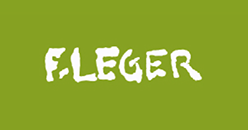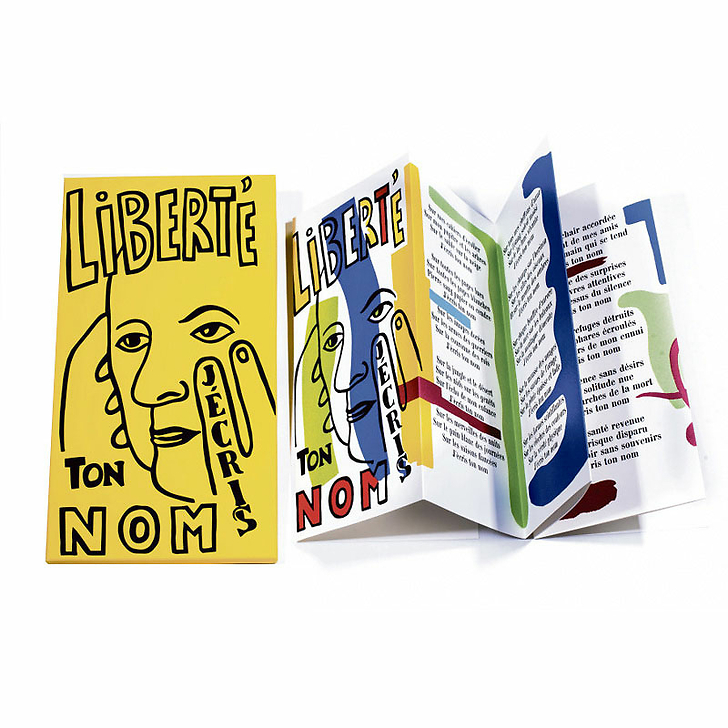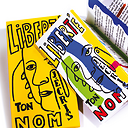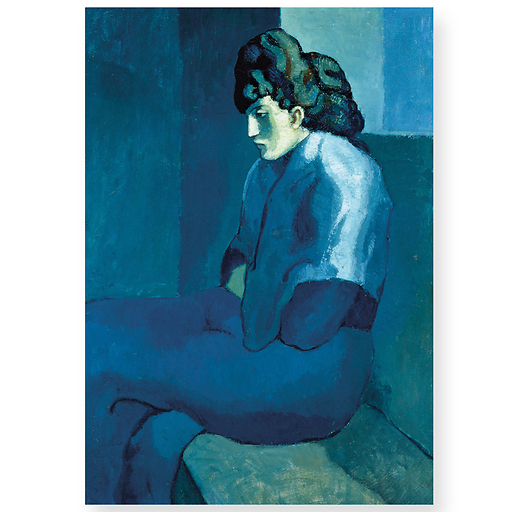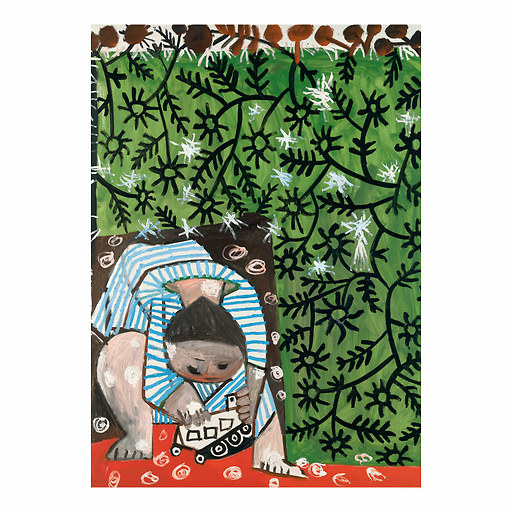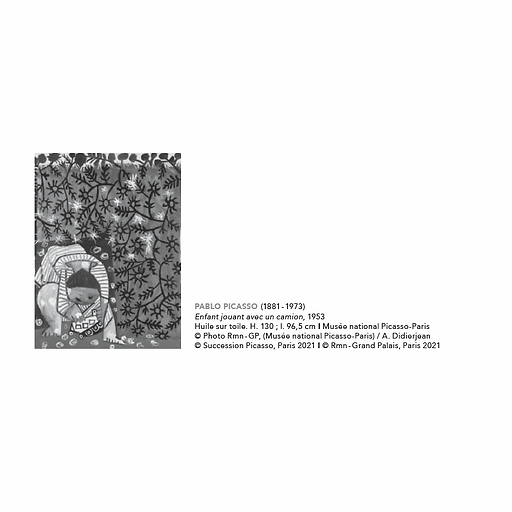Freedom I write your name - New edition 2022
MX014659
FRENCH LANGUAGE
Learned at school, set to music, quoted in the cinema, Liberté is a work with an exceptional destiny. After its semi-clandestine publication in 1942, this poem by Paul Eluard became emblematic of the French Resistance against the Nazi occupiers.
During the war, it was distributed by...
Read more
FRENCH LANGUAGE
Learned at school, set to music, quoted in the cinema, Liberté is a work with an exceptional destiny. After its semi-clandestine publication in 1942, this poem by Paul Eluard became emblematic of the French Resistance against the Nazi occupiers.
During the war, it was distributed by hand and on the radio, printed on miniature booklets and dropped on France by Royal Air Force planes.
For Eluard, proclaiming the word liberty at a time when the Vichy regime was transforming the republican motto into a sinister Work, Family, Country was a highly subversive and hopeful act. The ideal it urges us to defend is apolitical and universal. It is a hymn to life.
When Eluard died suddenly in November 1952, the publisher Pierre Seghers, himself a former member of the Resistance, sought to pay him a glowing tribute: he asked their mutual friend, the painter Fernand Léger, to put the poem Liberté in colour.
Published in 1953, this magnificent poem-object creates a new space for reading in bright colours, with the poet's pensive face on the first page and the joyful calligraphy of the word freedom at the end, traced with a sovereign gesture.
Today, the power of this poem, which evokes a whole history of struggles and sacrifices - that of our elders - is intact.
Read and recited in all dramatic moments, it has come to symbolise the call for courage and resistance to all forms of oppression.
French language
6 Pages
Éditions Seghers
Close
Sold by GrandPalaisRmn
